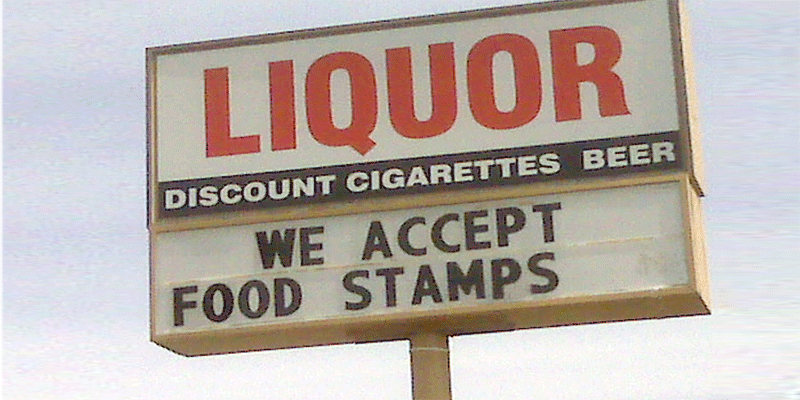a venture-fundable business is one with potential to be worth $1 billion or more within 10 years.
there are many venture-funded businesses that lack this potential, to some degree because there aren’t enough big ideas. or if there are, the right people aren’t pursuing them.
i learned that up to 30% of Uber rides are funded by their $24 billion in financing, and that drivers make as little as $4 net per hour. but city folk consider services like Uber an integral part of their lives.
now consider other venture-backed utilities in entertainment (Spotify), real estate (WeWork), and education (Udemy). you quickly realize our entire existence is subsidized by venture capitalists. billionaires make our lives cheaper by 10-30%.
inevitability
if we chalked this up to the occasional discount i’d call it even. sometimes at Chipotle they give you extra meat, sometimes less meat, it always squares out.
but this isn’t a burrito. in technology there are forces preventing big ideas from dying. for example, USPS already ships cheap parcels, yet Amazon might be paying $1.50 less than cost to deliver free Prime packages.
if WeWork fails, ending its unlimited beer and ping pong in modern high rises around the world, another team will launch the same service with a different logo.
more examples
a few years ago if a 16 year old wanted to get across town they had to ask mom.
then there was Uber. now Lime and Bird have $870mm worth of scooters that cost just 15 cents per minute to operate. not only are teenagers mobile, they’re even getting paid to recharge them, and can hijack one for $32.
if you’re sick of Whole Foods premiums, Brandless sells everything you need for $3 a bag. they also raised $292 million. do you really think everything costs $3?
your favorite place to watch television shows, Hulu, raised $683 million but is expected to lose $1.3 billion in 2018 alone. and they have 20 million subscribers!
Sweetgreen, a startup that sells different kinds of lettuce, raised $365 million. even Blue Bottle Coffee raised $117 million before being acquired (saved?) by Nestle.
that’s right folks, even our coffee is subsidized.
interpretation
we dislike venture capitalists for making bets like this one, but we profit from them no less. perhaps the strategy is hypnosis, masquerading as altruism, to give plebs the illusion of control while actually changing the culture beneath us.
it was only a couple decades ago when radio DJ’s decided which 40 songs we deserved to listen to. so why are we relying on decisions of the few at Sequoia, Accel, Bain for everyday necessities? where’s our tech-enabled autonomy?
if the spectrum of commerce is predetermined by venture capitalists’ favorite pitch decks, our consumption isn’t much different than communism.
what this means
bootstrapping a business — funding expansion with personal savings or customer profits — is no longer just a business model preference.
when entrepreneurs don’t depend on venture to bring their ideas to life, more ideas exist. and when consumers pay full price, venture loses its control.
the next time you download an app to get your first smoothie free, think about the real cost.

When I was a younger and more bright-eyed entrepreneur I thought venture capital was the holy grail and panacea of all business problems. The older I get the more I appreciate the bootstrapped company builder. At some level I understand why startups love to publicize raising money but it just feels odd that we congratulate people about taking out a loan. Do we throw parades for people when they take out mortgages? A few companies ago we raised $$$ and I kept getting congratulated and it just felt off.
Hey Ryan. Let’s chat about your research gig. I have 0 qualifications. Been a fomo customer. Applied for your technical marketer app. Also know how to code. Watched your MVP live steam on YT. so basically what I am saying is there is 0 reason why you should actually consider me, but if you’re who I think you are, that’ll make you more excited. Let’s do something fun.
Great article thank you so much for this perspective. And great commentary by Mike.
Thank you for this reframe!